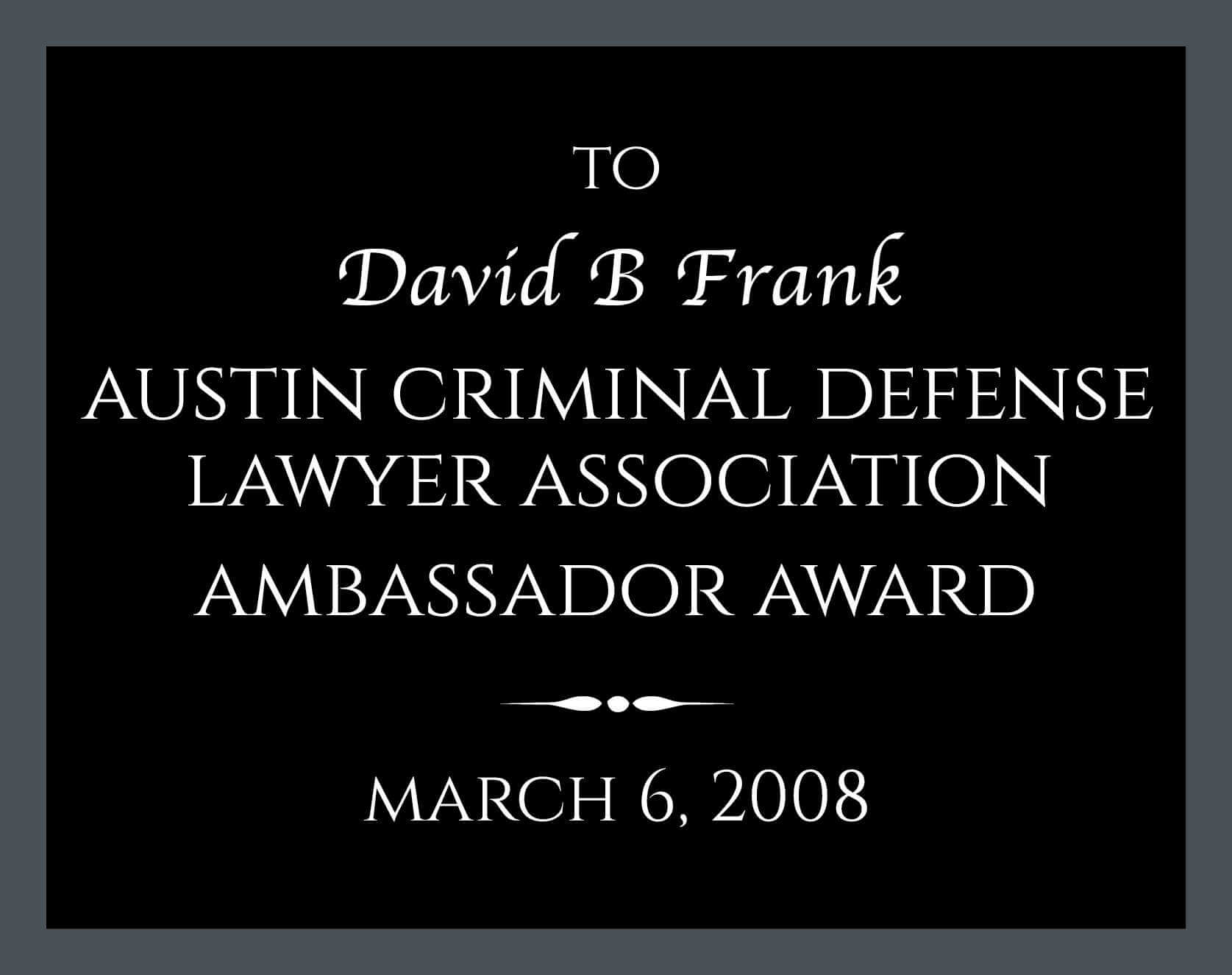In every cop show, these are the utterances that let the audience know someone has just been arrested.
You have the right to remain silent;
Any statement you make may be used against you in court;
You have the right to have a lawyer present to advise you prior to and during any questioning;
If you are unable to employ a lawyer, you have the right to have a lawyer appointed to advise you prior to and during any questioning; and
You have the right to terminate this interview at any time.
The words are sewn into the fabric of American life and more people can recite these words than the first words of the Declaration of Independence or the United States Constitution. For many, these words typify what it means to live in a free society. These words are known as the “Miranda Warnings”.
Almost every client I represent eventually comes around to asking does it matter that the police did not read me “my rights”? The public’s sense of Miranda differ starkly from Miranda’s legal requirements. The need for Miranda warnings arises when a person has been subjected to a custodial interrogation. The prosecutor’s use of statements may be excluded from trial if the statement results from custodial interrogation absent compliance with Miranda’s procedural safeguards. Conversely, if a defendant’s statement is not the result of a custodial interrogation, a defendant’s incriminating statement may be admissible.
Custodial interrogation is questioning initiated by law enforcement after a person has been taken into custody or otherwise deprived of her freedom of action in any significant way. A person held for an investigative detention is not in custody. For instance, an officer may briefly detain a motorist on the suspicion of DWI without making an arrest. That person may be temporarily detained but they are not in custody. Under this scenario, any statements may be used against the defendant, even if the defendant did not receive Miranda Warnings. Questions normally accompanying the processing of a DWI arrestee do not constitute interrogation. The police may inquire into whether a motorist would take a breath alcohol test before being charged with driving while intoxicated. Additionally, if a motorist in custody spontaneously volunteers information that is not in response to earlier interrogation by authorities, the statement may be admissible because it is not the product of custodial interrogation.
Whether a police encounter passes from a temporary investigative detention to a custodial arrest is fact specific. In Jordy, the court held that the appellant was subjected to a custodial interrogation following a traffic accident when, in response to the officer’s question regarding how much he had to drink, he stated, “A lot.” The motorist had lain down on the ground and the officer had called an ambulance before asking the motorist how much he had to drink. In Alford, the court found that the defendant’s Miranda rights had been violated when the police failed to provide Miranda warnings. The motorist was in custody when he was stopped, handcuffed, placed on the ground, and then stated that he had consumed six beers.
In Campbell, there was no evidence that the DWI motorist required handcuffs for officer safety or to maintain the status quo. The handcuffing occurred after midnight on a residential street, and the video revealed that two backup officers were on the scene. After handcuffing the motorist, the officer asked additional identification questions and then placed the motorist in his patrol unit. Only after speaking with his sergeant, who prompted further questioning, did the officer conduct any additional investigation involving the motorist’s activities or identity. While handcuffing does not always constitute an arrest, it did here, in light of the circumstances under which Campbell was physically deprived of his freedom of action and under which a reasonable person would believe his freedom of movement had been significantly restricted.
Despite Miranda’s strict requirements, the public generally believes that the police should warn you when you are being recorded during a DWI. This applies with even greater measure when a motorist is arrested and placed in the back seat of a patrol car. Once placed in the back seat, a defendant sometimes feels the investigation has ceased and that he is at liberty to reveal more about that night’s events. After an arrest, Officers usually start the process of preparing the arrest paperwork with the officer in the front seat. There are periods of silence and a defendant may take that opportunity to ask about the jail release process. The conversation continues from there. The dashboard camera records the conversation but the defendant does not know he is being recorded.
In a recent DWI trial, the video showed the defendant sitting in the back seat of the patrol unit. He made a comment to the officer about the direction he was traveling. Later he became concerned that he may have unknowingly been recorded. When he asked the officer if he was still being recorded the officer responded that the camera was still running. The defendant then said that the officer should have warned him that he was being recorded. The defendant’s admission about traveling directions was not incriminating, however, it was the secretive recording that inflamed the jury. After the trial, some of the jurors expressed hostility for recording without telling the defendant. The jury returned a verdict of Not Guilty. They later told the prosecutor that they did not like the tactic of recording without notice. They did not care about the strict requirements surrounding custodial interrogation. Perhaps living in a free society, they felt that recording without notice was just unfair.
See, Jordy v. State, 969 S.W.2d 528, 531–32 (Tex.App.-Fort Worth 1998, no pet.); Alford v. State, 22 S.W.3d 669, 671–72 (Tex.App.-Fort Worth 2000, pet. ref’d); and Campbell v. State, 325 S.W.3d 223 (Tex. App.-Fort Worth 2010).



Leave a Reply